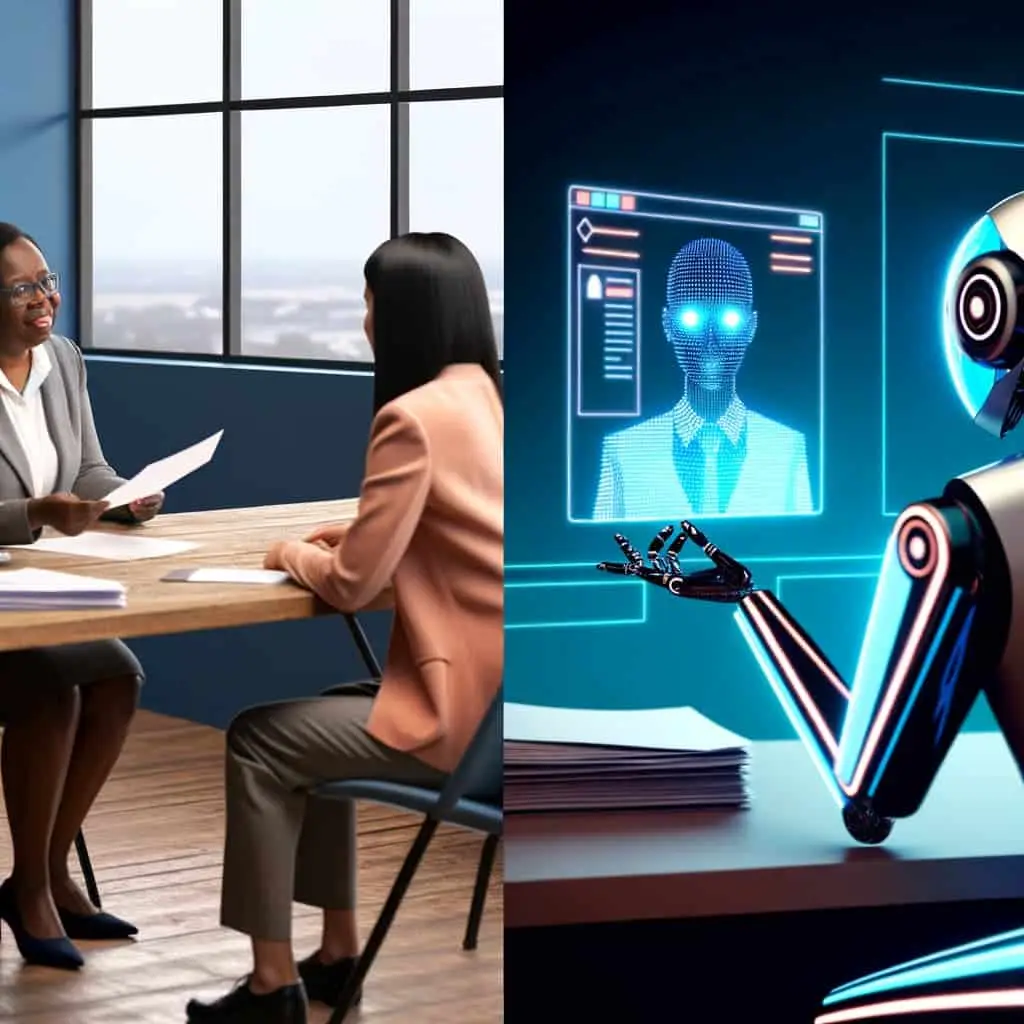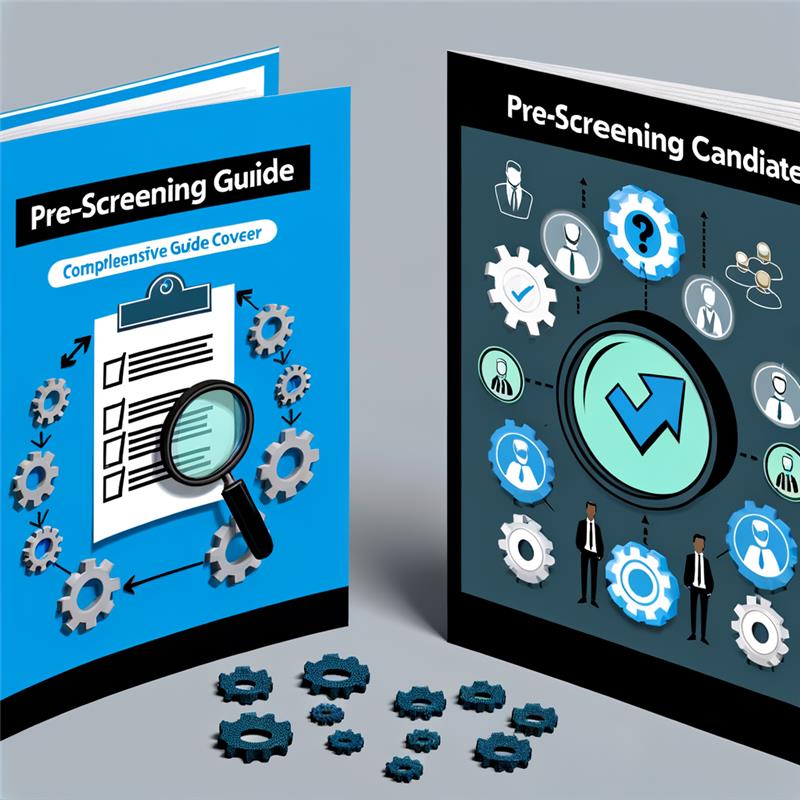The evolution of technology has permeated every aspect of our lives, and the recruitment process is no exception. In recent years, AI interviews have gained significant traction, altering how organizations hire talent. While human interviews remain the traditional approach, the use of AI-driven interviews is transforming recruitment, offering speed, objectivity, and efficiency.
This blog explores the nuances between human interviews and AI-powered interviews, highlighting how the integration of technology is reshaping the interview landscape and addressing the benefits, challenges, and future implications.
What Are Human Interviews?
Human interviews have been the standard for evaluating candidates, allowing employers to gauge communication skills, cultural fit, and emotional intelligence. These interviews are often personal, offering room for flexibility in conversation. They allow interviewers to pick up on subtleties such as body language, tone, and enthusiasm.
Advantages of Human Interviews
Personal Interaction: Enables deeper insights into the candidate’s personality.
Non-verbal Cues: Interviewers can assess body language and other non-verbal communication.
Tailored Experience: Conversations can evolve based on the candidate’s responses, providing room for adaptability.
Challenges of Human Interviews
Bias: Human prejudice can creep in, whether intentional or subconscious.
Time-consuming: Traditional interviews require significant time investment.
Inconsistency: The structure of interviews can vary widely depending on the interviewer, leading to inconsistent candidate experiences.
What Are AI Interviews?
AI interviews use artificial intelligence to assess candidates. These systems rely on pre-determined criteria, such as voice, facial expressions, and word choice, and are designed to eliminate bias while optimizing the hiring process. AI platforms, such as GogHR.ai, are particularly effective in analyzing large amounts of data from interviews, speeding up the process.
Advantages of AI Interviews
Efficiency: AI interviews can handle multiple interviews simultaneously, reducing the time spent on the recruitment process.
Consistency: Every candidate receives the same set of questions and is evaluated on standardized criteria.
Bias Reduction: AI-based evaluations minimize human biases, focusing solely on data-driven metrics.
Challenges of AI Interviews
Lack of Personal Touch: AI lacks the personal interaction that can help assess qualities like emotional intelligence.
Limitations in Understanding Context: While AI can interpret data, it can sometimes misinterpret nuances in speech or emotion.
Technical Glitches: Candidates may face issues such as poor internet connectivity or discomfort with technology.
Comparison Between Human and AI Interviews
- Speed and Scalability
AI Interviews: Conducting multiple interviews simultaneously, drastically reducing hiring timelines.
Human Interviews: Require scheduling and one-on-one time, often extending the hiring process.
- Accuracy and Bias
AI Interviews: Standardize evaluations to avoid bias but are limited by algorithms that may not interpret nuanced responses.
Human Interviews: Allow for personalized assessments but are prone to interviewer biases.
- Candidate Experience
AI Interviews: Offer convenience and flexibility, as candidates can record interviews at any time. However, they may feel impersonal.
Human Interviews: Provide a more engaging and tailored experience, but scheduling conflicts can lead to delays.
The Role of AI in Shaping the Future of Recruitment
The recruitment landscape is rapidly evolving, and AI is playing a pivotal role. In industries where volume hiring is essential, such as tech and retail, AI-driven interviews are becoming the norm. However, in sectors where emotional intelligence and soft skills are key, human interviews will likely continue to dominate.
Video interview platforms are pioneering the shift towards integrating AI while maintaining a balance between human insight and machine-driven precision. As we look ahead, it’s clear that the future of recruitment will involve a combination of both approaches.
Future Implications
Organizations may adopt a hybrid model, where AI handles the initial screening and human interviewers assess the final candidates. This approach can optimize the recruitment process while ensuring that essential human elements are not overlooked.
If you’re looking for advanced solutions for candidate evaluation, check out our AI interview tools that ensure a seamless experience from start to finish.
Conclusion
The future of recruitment will involve a blend of human interviews and AI technology. Each approach has its advantages, and the best strategy depends on the nature of the role and the specific requirements of the organization. By understanding both methods, employers can optimize their recruitment strategies to hire the best talent.




